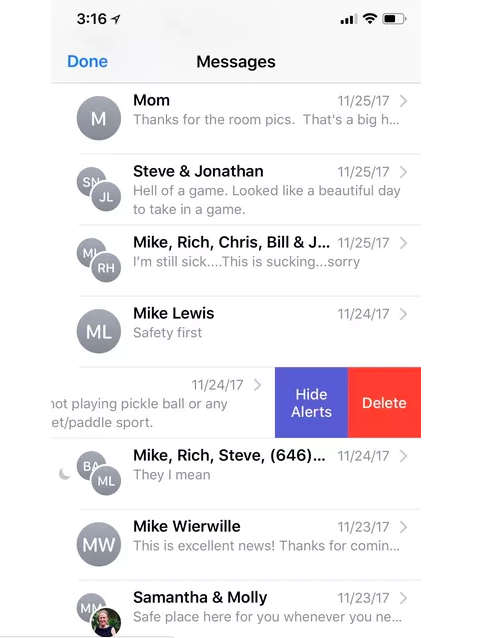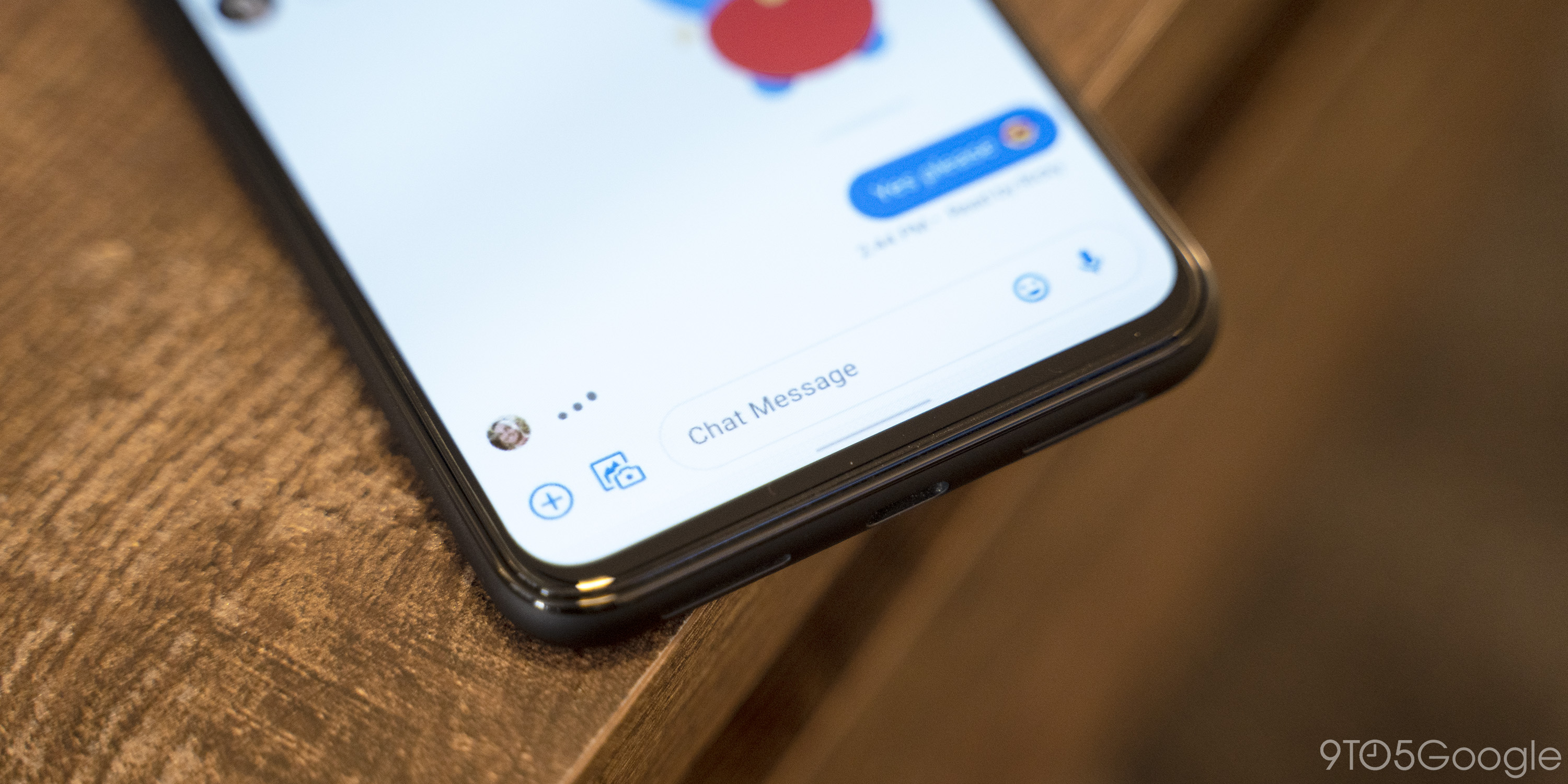

While disappearing messages is important for text, it’s critical for images-whether personal photos or videos taken in the heat of the moment or shared in a relationship now past. This isn’t an option with Android Messages.Īpple’s iMessage doesn’t offer this feature, either, which is a good reason for Apple users to opt for WhatsApp or Signal instead- quite apart from recent Pegasus news. Why would you want to store archives of years of content on your phone and your contacts’ phones? Why take the risk that what you said or pictures or videos you sent years ago will come back to haunt you. The second issue is Android Messages’ lack of ephemeral or “disappearing” messages. But WhatsApp security has proven itself over 2 billion users and more than 100 trillion messages, you can trust it will keep your content safe while likely being on all your contacts’ phones.Īndroid Messages Rivals Disappearing Messages Encrypted backups, multi-device access, disappearing messages and view-once media are all essential and they’re all either deployed or imminent.īar backups, which are not an option, Signal offers the same, of course, and is the default choice for most security professionals and cyber-savvy users. WhatsApp is on a functionality tear right now, responding to the 2021 Facebook terms and conditions backlash and the Apple privacy label furor with a raft of critical improvements. The Facebook-owned platform cannot be used as the default SMS platform on your phone, as can the likes of Facebook Messenger and Signal, but this is a minor impediment. As such, WhatsApp is essentially a default secure messenger for Android users. First, WhatsApp has a much larger user base on Android than iPhone, and it is also much more popular on Android than Android Messages, ironically. There are three other reasons you should not jump over to Android Messages as a new default. ” This is clearly very different to Apple’s infamous decision not to end-to-end encrypt iCloud backups, and unless Apple users change default settings, Apple can access iMessages in iCloud. Where Android Messages does beat iMessage, though, is that its backup database is protected by end-to-end encryption, “ so Google servers can’t access it.



WhatsApp’s end-to-end encrypted solution for multiple device access is now available in the platform as a beta and is expected to be fully available within the app shortly-it already handles group encryption, of course. IMessage and Signal already offer fully end-to-end encrypted messaging for groups and multiple devices. This major security gap makes Android Messages more like Facebook Messenger or Telegram, each of which enables 1:1 secret chats, but does not offer this for groups.Īs Google itself says, “with end-to-end encryption, no one, including Google and third parties, can read eligible messages as they travel between your phone and the phone that you message.” In which case, you would clearly only want to use a messaging platform that offered this level of security for ALL your messages. Google confirmed to me this week that it still doesn’t have a public date for any extension to its end-to-end encryption.


 0 kommentar(er)
0 kommentar(er)
